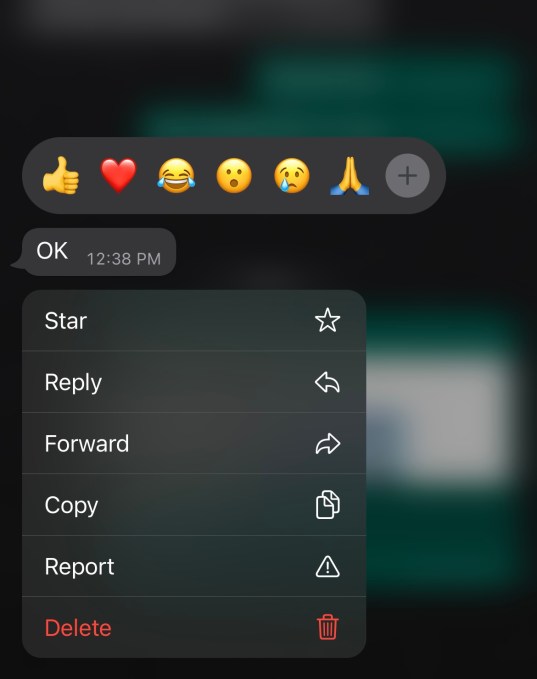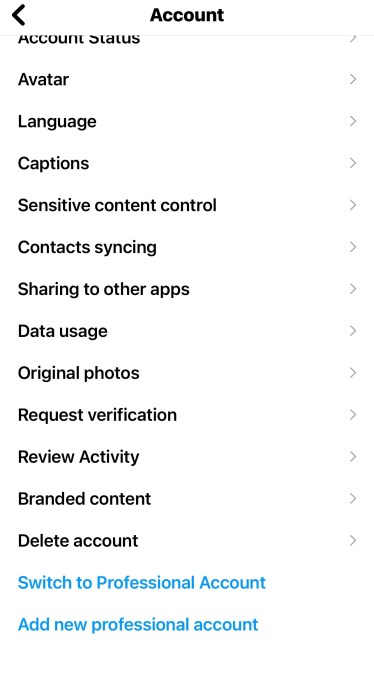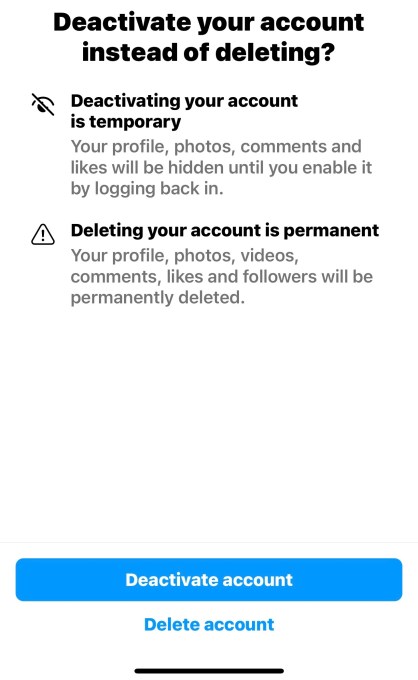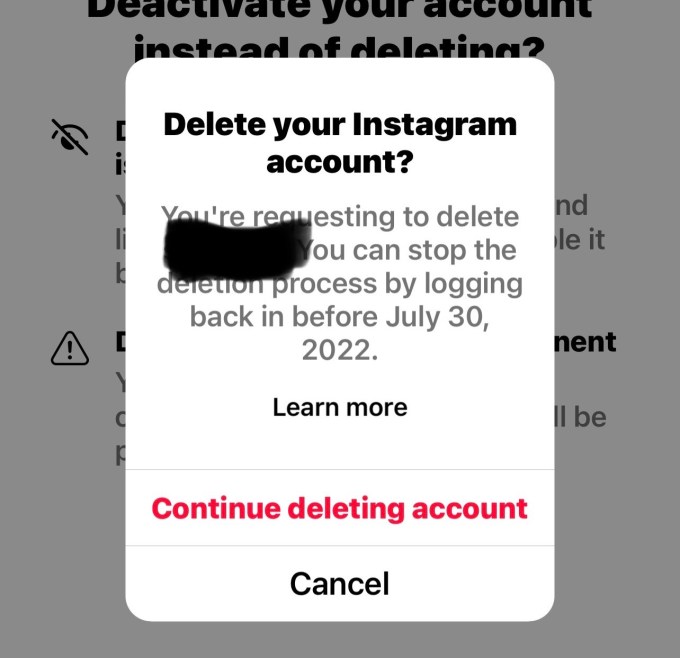Telegram has cut the monthly subscription fee for its premium tier by more than half in India, just months after introducing the offering as it attempts to aggressively cash in on a large user base in one of its biggest markets.
In a message to users in India on Saturday, Telegram said it was making the subscription available in the country at a discount. The monthly subscription now costs customers 179 Indian rupees ($2.2), down from 469 Indian rupees ($5.74) earlier. The app’s monthly subscription, called Telegram Premium, costs between $4.99 to $6 in every other market.
Users who have not received the message are also seeing the new price in the settings section of the app, they said and TechCrunch independently verified.
India is one of the largest markets for Telegram. The instant messaging app has amassed over 120 million monthly active users in the country, according to analytics firm data.ai. (An industry executive shared the figures with TechCrunch.) That figure makes the app the second most popular in its category in the country, only second to WhatsApp, which has courted over half a billion users in the South Asian market.
Telegram, which claims to have amassed over 700 million monthly active users globally, introduced the optional subscription offering in June this year in a move it hopes will improve its finances and continuing to support a free tier. Premium customers gain access to a wide-range of additional features such as the ability to follow up to 1,000 channels, send larger files (4GB) and faster download speeds.
The Dubai-headquartered firm joins a list of global tech firms that offer their services for lower cost in India. Apple’s music app charges $1.2 for the individual monthly plan in the country, whereas Netflix’s offerings starts at as low as $1.83 in the country.
Telegram cuts subscription fee by more than half in India by Manish Singh originally published on TechCrunch

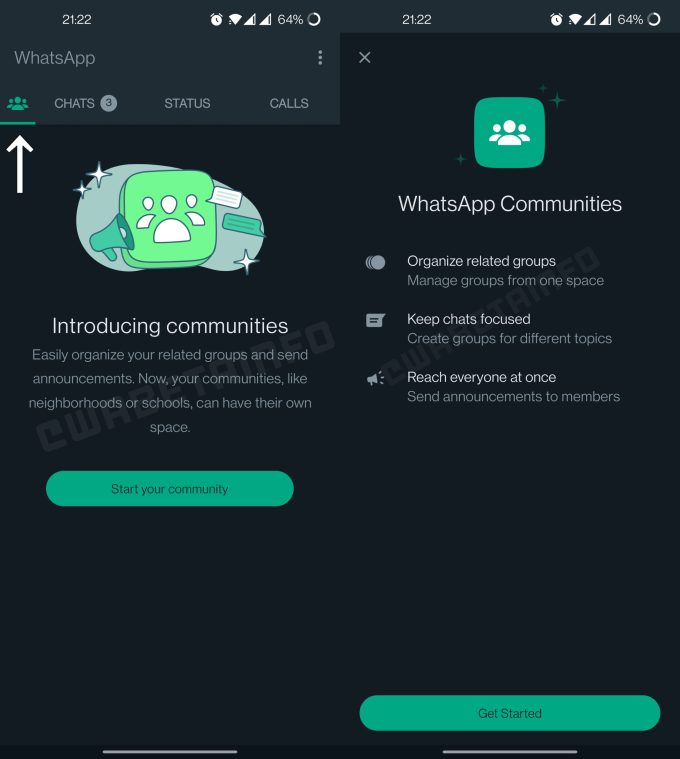
 Rethinking your message? Now you’ll have a little over 2 days to delete your messages from your chats after you hit send.
Rethinking your message? Now you’ll have a little over 2 days to delete your messages from your chats after you hit send.